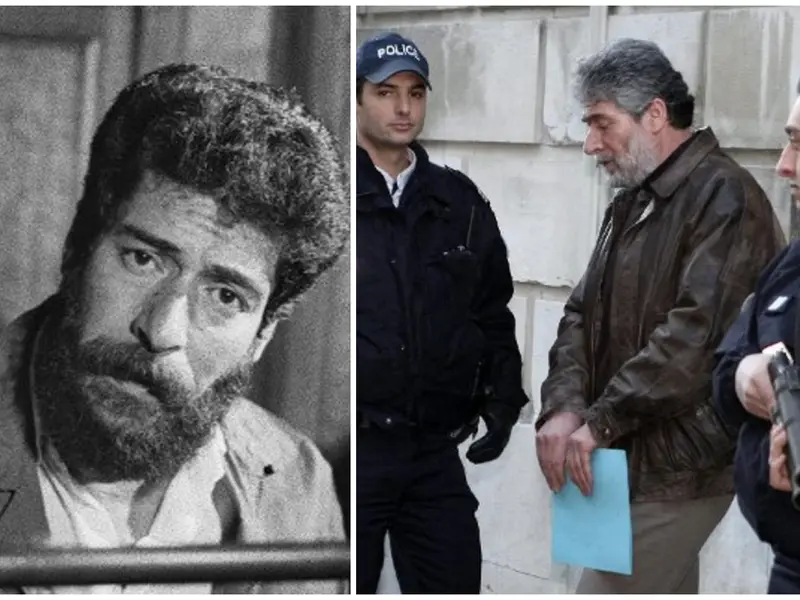
Georges Ibrahim Abdallah Freed After 40 Years in Prison
A Long-Awaited Justice Decision
On July 17, 2025, the Paris Court of Appeal granted conditional release to Georges Ibrahim Abdallah, a Lebanese communist militant and pro-Palestinian activist, who had been imprisoned in France since 1984—over 40 years, making him one of the longest-held political prisoners in Europe (Reuters).
Abdallah was sentenced to life in prison in 1987 for complicity in the assassinations of a U.S. military attaché (Charles Ray) and an Israeli diplomat (Yacov Barsimantov), as well as involvement in an attack on a U.S. consul in Strasbourg in 1984.
A Decision Decades in the Making
Abdallah had been eligible for parole since 1999, but his requests were repeatedly denied, largely due to political pressure from the United States and Israel.
In late 2024, a court initially granted release, but the ruling was delayed pending procedural matters.
The recent court decision recognized that Abdallah, now 74 years old, poses no threat, and had maintained exemplary conduct in prison.
Conditions of His Release
His release is conditional: Abdallah must leave French territory and will be deported to Lebanon, which has officially agreed to receive him.
His actual release is scheduled for July 25, 2025, unless a last-minute appeal to the Court of Cassation intervenes (though such an appeal would not automatically suspend the release).
Strong and Growing Support
Symbol of political resistance: Abdallah has been backed for years by leftist movements in France (such as La France Insoumise and the Communist Party), as well as by international human rights advocates.
Pressure from civil society: Nobel laureate Annie Ernaux and dozens of public figures had called his detention an abuse of justice and an example of foreign interference in French sovereignty.
Seen as a political prisoner: Many argue that Abdallah’s continued detention was motivated by politics, not by any ongoing danger or lack of remorse.
A Powerful Political Message
Left-wing political parties have hailed the ruling as a victory for justice and sovereignty. Many framed the decision as the result of a persistent collective mobilization, not just legal arguments.
Abdallah himself, in a statement from prison, thanked his supporters, saying that it was their commitment that kept the hope of freedom alive through decades of struggle.
✅ Why His Supporters Say This Release Was Justified
| Key Point | Detail |
|---|---|
| Eligible since 1999 | Multiple parole applications denied over political pressure |
| Exemplary prison record | Over 40 years with no disciplinary issues |
| No current threat | Aged 74, considered low risk by courts |
| Symbolic role | Viewed as a political prisoner by human rights groups |
| Widespread support | Backed by activists, authors, unions, and international observers |
A Victory Beyond the Courtroom
For his supporters, Abdallah’s release marks more than the end of a prison term. It is a symbolic triumph over political pressure, a challenge to U.S. influence, and a recognition of his transformation from a militant to a symbol of resistance.
Though critics remain, many see his release as a necessary correction after decades of what they call arbitrary and disproportionate detention.
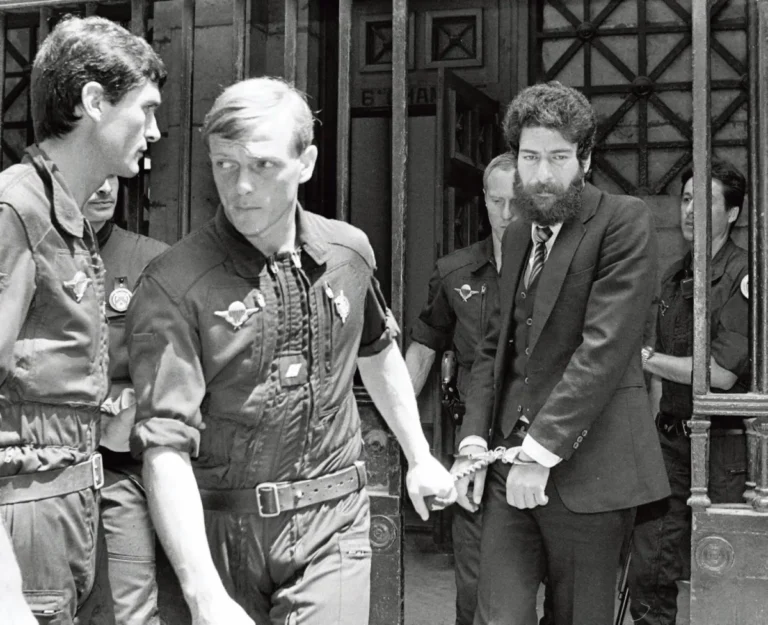
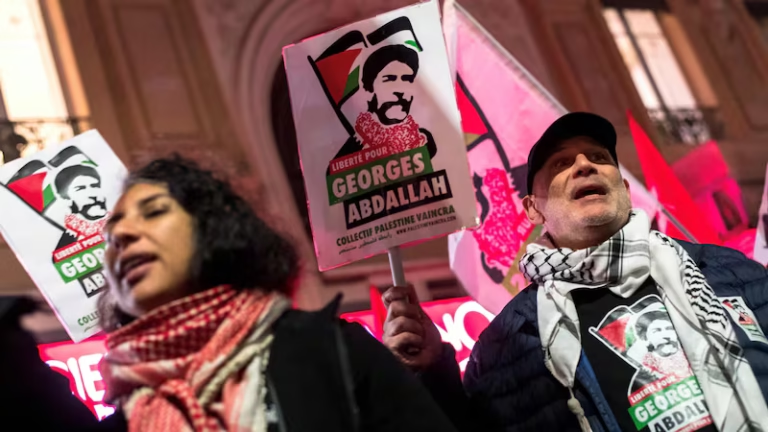



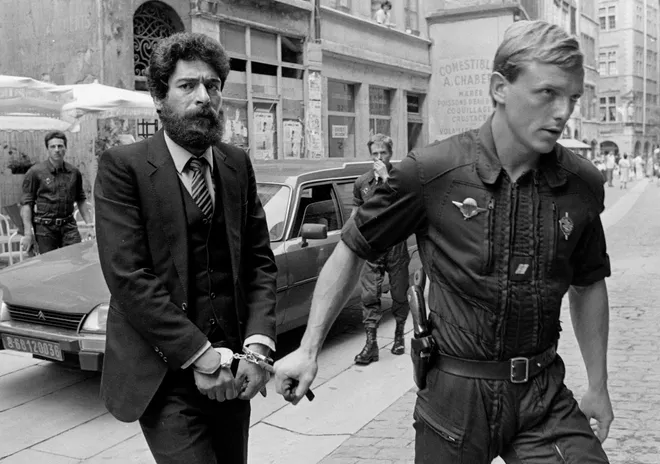
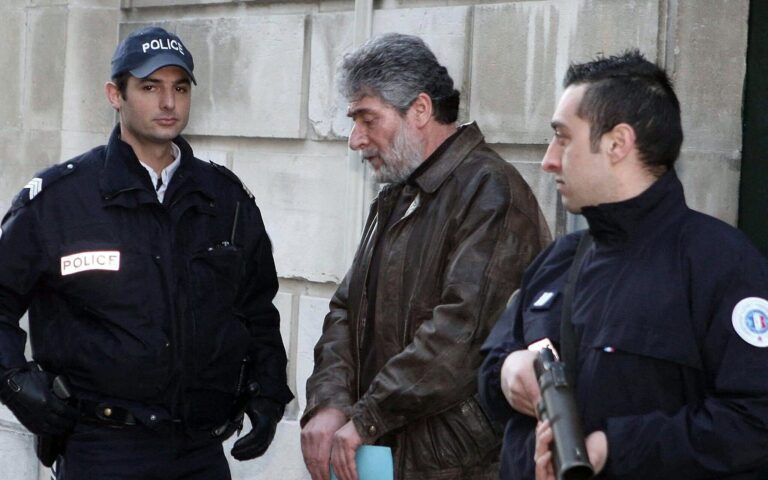







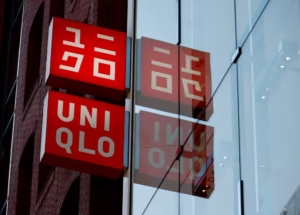

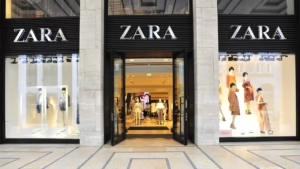



Post Comment